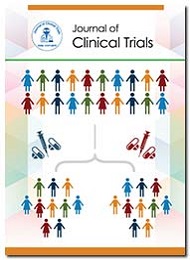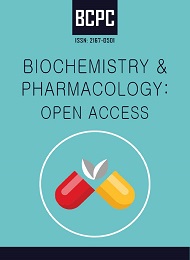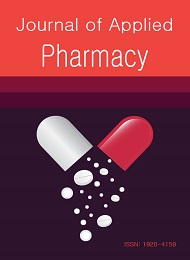Theme:
Clinical Trials Congress-2022
Conference Highlights
- Clinical Trials & Pharmacovigilance
- Patient Centric Clinical Trials
- Adaptive Trial Model
- Post-Clinical Trial closed communities
- Clinical Data Strategy and Analytics
- Clinical Trial Auditing
- Implementing Risk Based Monitoring
- Oncology Clinical Research
- Imaging Research
- Post Marketing Surveillance
- Factors that affect the quality and efficiency of clinical trials.
- Side Effects
- Issues in Multicenter Clinical Trials
- Data Resources in the Health Sciences
- Pharmaceutical Technology
- Clinical Trials
- Clinical Pharmacology and Receptor Therapy
- Drug Delivery through Blood-Brain Barrier (BBB)
- Drug Discovery and Development
- Pharmaceutical Formulation Technologies
- Pharmaceutical Drug Discovery and Nanotechnology
- Pharmaceutical Organic Chemistry
- Drug Designing
- Pharmacovigilance
- Biomarker Discovery and Drug Development
- Biomarkers
To share your views and research, please click here to register for the Conference.
To Collaborate Scientific Professionals around the World
| Conference Date | November 22-23, 2022 | ||
| Sponsors & Exhibitors |
|
||
| Speaker Opportunity Closed | |||
| Poster Opportunity Closed | Click Here to View | ||





